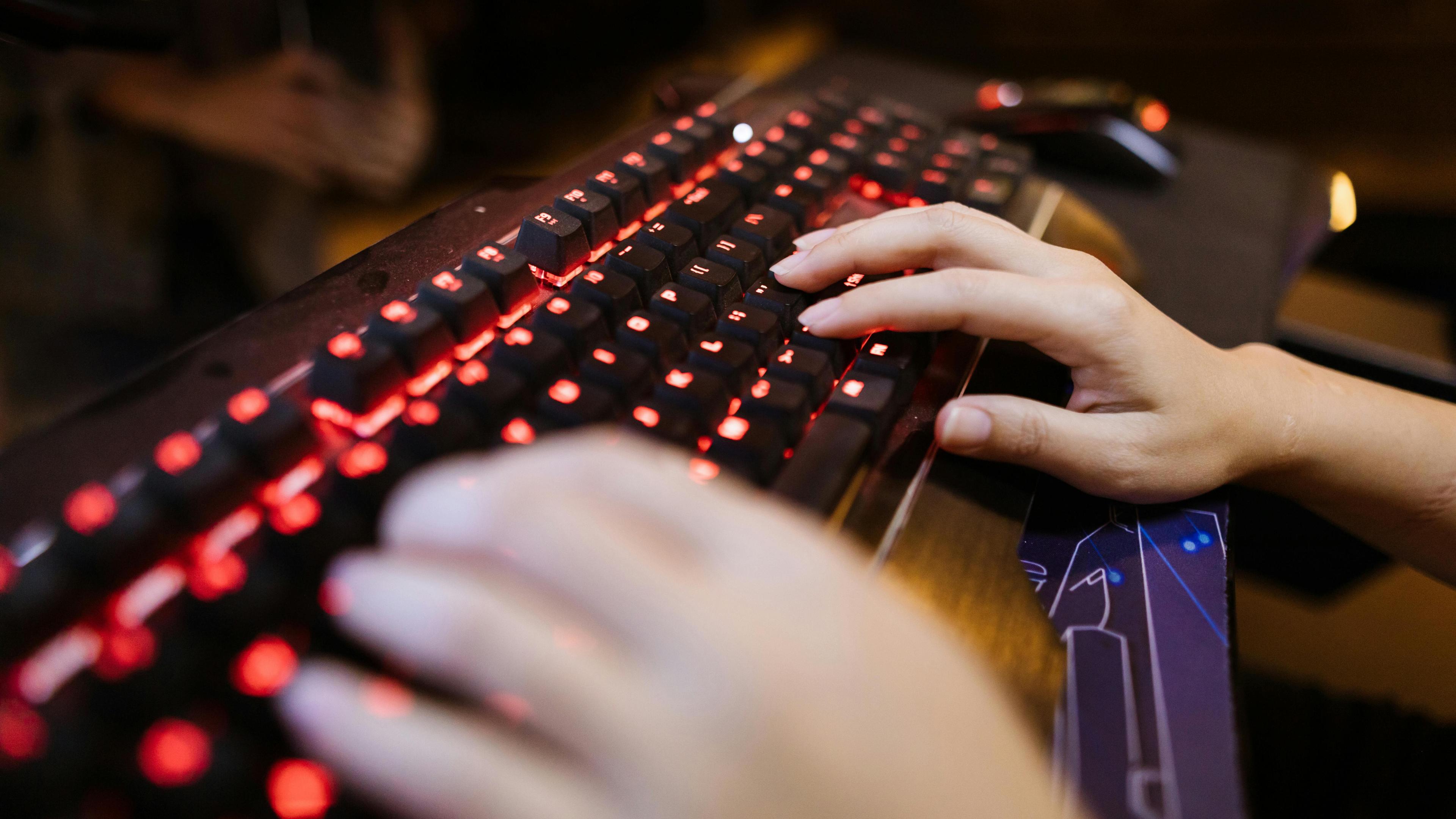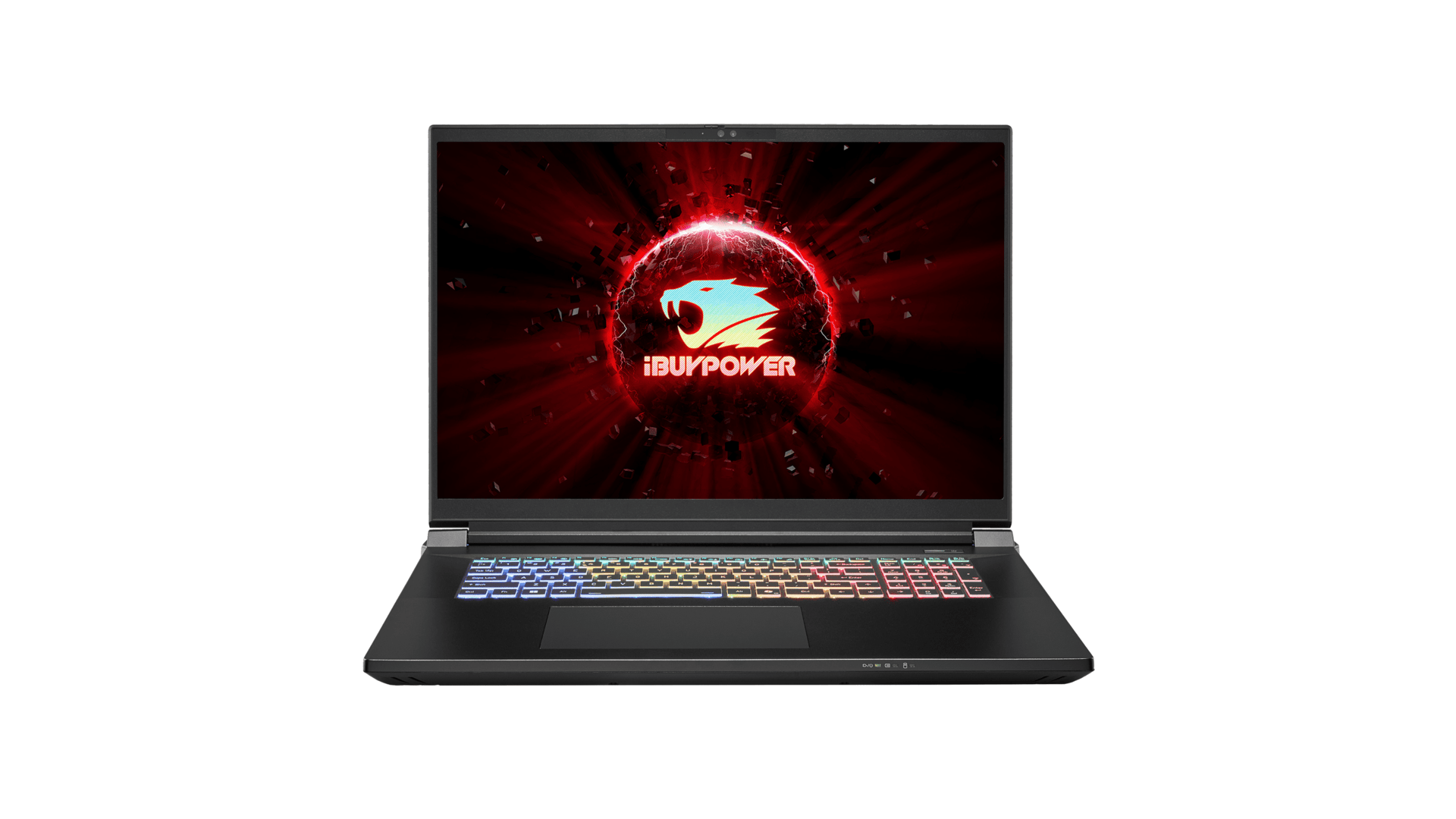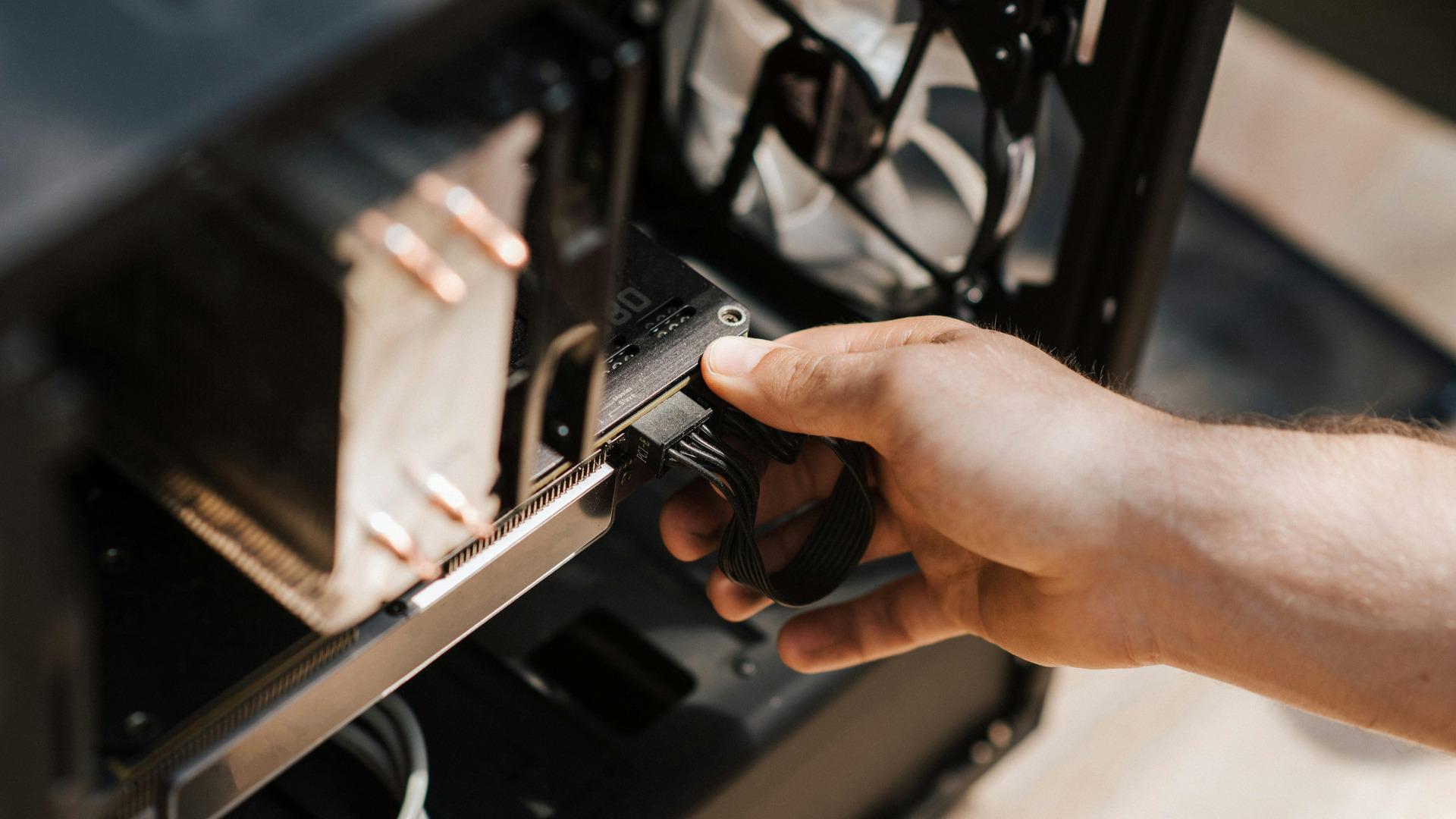AI PC
Discussions of an AI PC have dominated the computing world over the past few months. The landscape of processor design is undergoing a transformation marked by diversification, modularity, and a relentless pursuit of efficiency. To fully understand the intricacies of AI-powered computing, understanding these underlying architectural shifts becomes paramount, paving the way for the next generation of intelligent computing devices.
From everyday PCs to gaming PCs, the rise of AI PCs can potentially be a valuable enhancement to any user experience.
A Quick Background on Processors
In today’s fast-paced world, our devices rely on the intricate architecture of their processors. Traditionally, processors were viewed primarily as housing a central processing unit (CPU) handling most computational tasks, often leveraging multiple cores for enhanced performance.
Beyond the CPU, today’s processors encompass an array of components, from various levels of cache memory to connections with system memory (DRAM) and the Graphics processing units (GPUs) crucial for rendering high-quality graphics.
Recent years have witnessed pivotal shifts in processor design. The first shift was moving from homogeneous multi-core architectures towards a heterogeneous approach to introducing diverse core types optimized for tasks that balance processing power and energy efficiency.
A second major trend, spearheaded by AMD and then adopted by Intel, is segmenting processor design into modular “chiplets” or “tiles.” This strategy entails splitting the processor into smaller units, with high-end components like the CPU and its supporting memory manufactured on cutting-edge processes. At the same time, auxiliary elements such as I/O interfaces are produced on older nodes. This approach enhances manufacturing efficiency and facilitates scalability for integrating multiple CPU tiles within a single chip package.
Now, with AI PCs, there appears to be the beginning of another shift in the functionality of a computer’s processor.
What is an AI PC?
An AI PC integrates cutting-edge hardware innovations to deliver unparalleled performance and intelligence. At its core is a newly launched processor from industry leaders like Intel or AMD, equipped with a dedicated Neural Processing Unit (NPU).
Traditionally, AI workloads leaned heavily on Graphics Processing Units (GPUs). Now, though, the advent of processor lines such as Intel’s Core Ultra and AMD’s Ryzen 8000G have NPUs assuming the mantle of AI processing. PC manufacturers like Lenovo, Dell, and HP are branding their latest laptop and desktop ranges as “AI PCs” when equipped with processors featuring NPUs.
Neural Processing Units (NPU)
A crucial aspect of an AI PC is the integration of Neural Processor Units (NPUs) into the latest processor architectures. These NPUs accelerate AI tasks directly on the device, eliminating the need for reliance on cloud servers.
NPUs are still in the early stages of adoption in the PC market, but their potential is immense. These specialized cores excel at matrix multiply-accumulate (MAC) operations, vital for training and running deep neural networks, including convolutional neural nets (CNNs) and large language models. While phone chips have pioneered NPU integration for several generations, PC chip makers are embracing this trend, heralding a new era of AI-enhanced computing experiences.
For the everyday computer user, NPUs specialize in executing complex AI algorithms efficiently, prioritizing speed and computational throughput over precision.
As the ecosystem matures and software evolves to leverage NPU capabilities fully, the AI PC era promises to redefine productivity, creativity, and entertainment, ushering in a future where intelligent computing seamlessly integrates into our daily lives.
What is an AI PC used for?
The emergence of AI PCs heralds a transformative era where localized AI processing reshapes how users interact with their devices. These AI-driven systems promise to revolutionize user experiences by handling AI tasks directly on the device without cloud services.
There are a few ways to use AI PCs, including:
- Productivity and Convenience: Imagine effortlessly commanding a PC to optimize power settings or retrieve specific information without leaving your desk. Lenovo’s forthcoming AI PC service exemplifies this vision, showcasing an AI assistant capable of executing commands, summarizing documents, or composing email replies—all without relying on external servers, ensuring functionality even in offline scenarios.
- Securing Business Data: For businesses, harnessing AI capabilities mitigates security concerns about transmitting sensitive data to cloud-based services. This newfound autonomy empowers organizations to leverage AI tools while maintaining data sovereignty and confidentiality, a crucial advantage in today’s digital landscape.
- Video Conferencing: AI PCs promise to elevate communication experiences by offloading tasks like background blur and auto-framing from CPUs and GPUs to dedicated NPUs. These systems optimize resource utilization, enhancing performance and extending battery life. AMD and Intel showcased the potential of NPUs in enhancing software experiences with Microsoft’s Windows Studio Effects.
- Windows Copilot Key: In addition to powerhouse hardware, users may notice a subtle yet significant addition to the keyboard layout of these AI PCs. Specific Windows 11 laptops now feature a dedicated Windows Copilot key positioned to the right of the ALT key, serving as a shortcut to access the Windows Copilot AI.
Looking ahead, the potential of AI PCs extends beyond mere convenience. With advancements in language models tailored for specific tasks, companies are designing these systems to deliver powerful applications locally. Intel’s Meteor Lake, for instance, boasts the capability to run language models with significant parameters locally, opening doors to many innovative solutions.
As developers continue harnessing the capabilities of NPUs, there will likely be a variety of AI-enabled applications spanning from graphics and imaging to personal assistants. Adobe and BlackMagic’s DaVinci Resolve are among the frontrunners expected to leverage NPUs for enhanced performance, setting the stage for a new era of creativity and innovation.
The promise of AI PCs lies in their ability to integrate AI capabilities into everyday computing tasks, empowering users with enhanced productivity, efficiency, and privacy. Although there is still plenty of development regarding AI PCs‘ potential, one thing is sure: the future of computing is AI-driven, with AI PCs at the forefront of this revolution.
Why Should I Get An AI PC?
Although AI PCs are still in the early stages of innovation and adoption, this technology has many exciting applications. Investing in an AI PC promises to revolutionize the computing experience in several compelling ways:
- Streamlined Workflow: Localized AI processing allows tasks such as optimizing power settings, retrieving information, and performing routine computing tasks to be executed efficiently right on a device. AI saves time and boosts productivity, allowing you to focus on what matters most.
- Privacy and Security: AI PCs allow greater control over data by processing sensitive information locally without relying on external servers. This process ensures data privacy and mitigates security risks associated with transmitting sensitive data to cloud-based services.
- Improved Performance: Offloading AI tasks to dedicated (NPUs) means AI PCs optimize resource utilization for smoother performance and extended battery life. Whether computer users hold video conferences or run resource-intensive applications, AI-driven optimization ensures a seamless computing experience.
An AI PC offers a compelling blend of enhanced productivity, privacy, performance, and innovation, making it a worthy investment for anyone seeking a transformative computing experience tailored to the demands of the modern digital age.
Where can I get an AI PC?
With Intel and AMD among the computer companies leading the incorporation of AI into PCs, finding PCs built using their CPU technology is an excellent place to start.
At iBUYPOWER, you can find a wide range of gaming PCs with Intel and AMD CPUs built into our systems. Whether you’re a new or seasoned gamer, iBUYPOWER offers a PC for gamers of any experience level.







